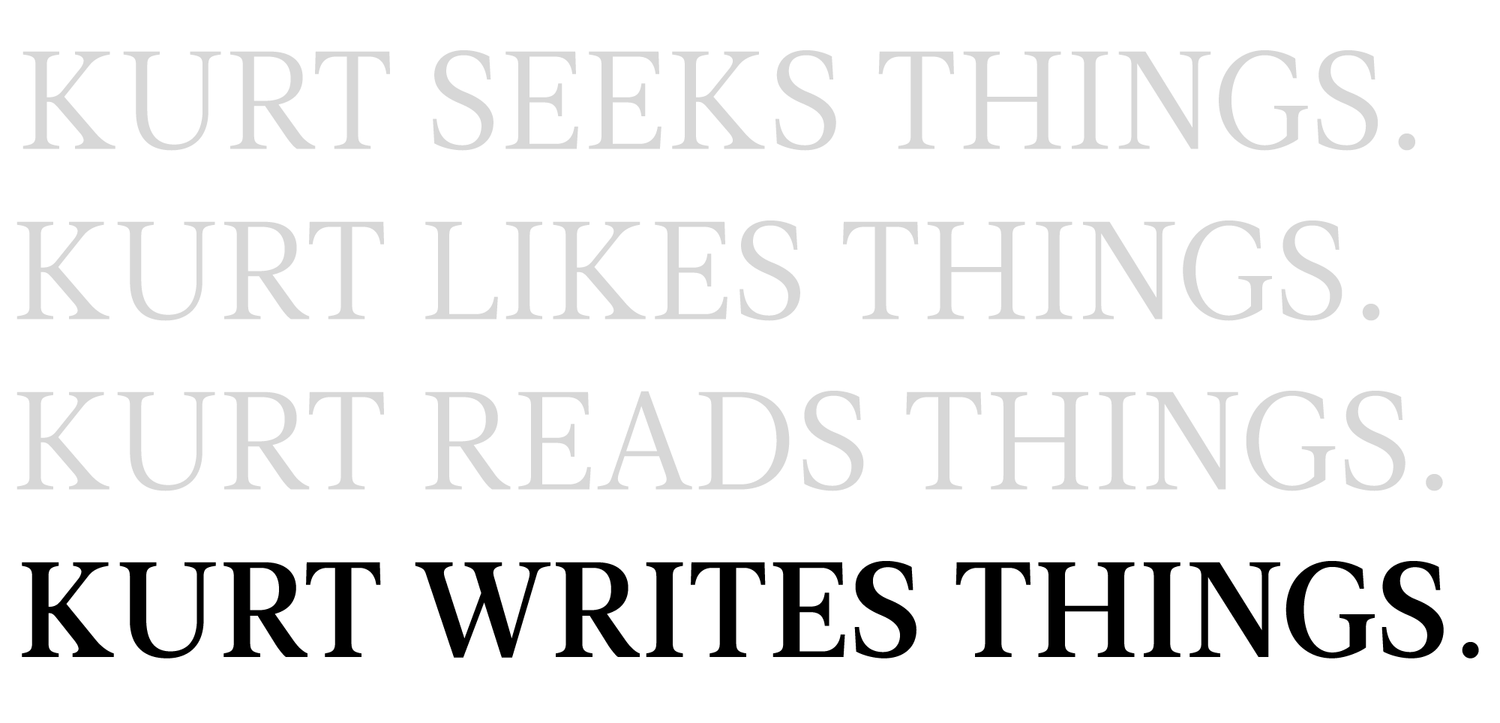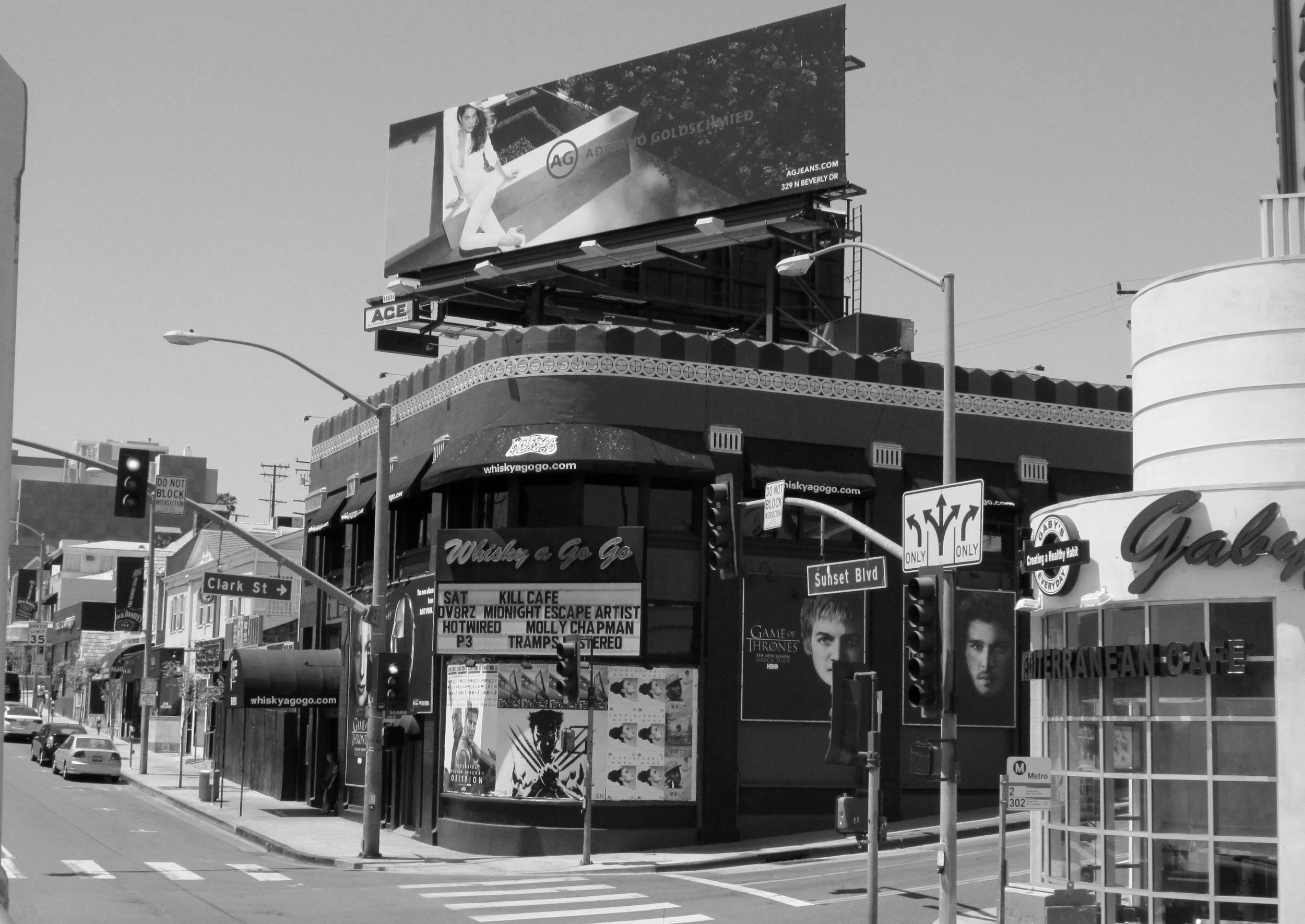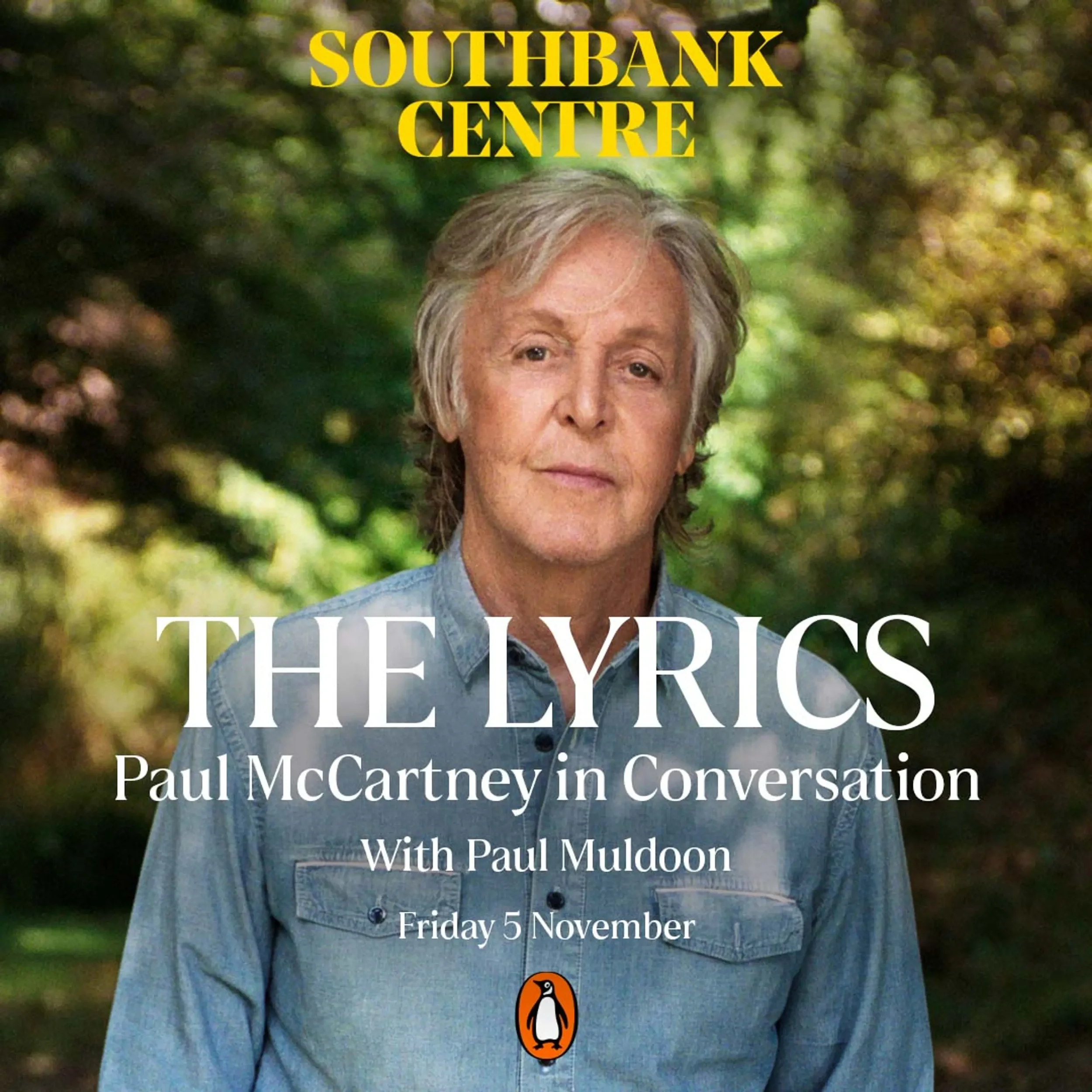“Beatle Without His Beats” - Paul McCartney 'The Lyrics' Book Launch, London (November 2021)
/You don’t often spend an evening with a Beatle onstage in front of you and not have him play a single note for nearly two hours.
No Hofner bass slung over his shoulders, no piano within reach. No backing band or thousands-strong sing-alongs. Just the man who wrote ‘Ticket to Ride’, recounting its lyrical origins from the early 1960s.
“I would say to John, ‘Let’s hitchhike somewhere?’ and he would play along,” remembers 79-year-old Paul McCartney. His decade-and-a-half-long songwriting partnership with the late John Lennon leaves open the possibility that this was an inside joke or shorthand for something musical.
“So we ended up going down to Ryde on the Isle of Wight, where my cousin Betty and her husband Mike Robbins had a pub—they were always running pubs—so they moved around Reading and various places.”
“We wrote ‘Ticket to Ride’ there—with the play on the word Ryde, spelt “R-Y-D-E”.
Just as you’re processing the pun, Paul drifts further down memory lane.
“Betty was very influential because her taste in music was more sophisticated than mine. She would be playing songs like ‘My Funny Valentine’—I’d never heard that kind of song, but being musical, we’d be like, “Wow, what is that?”. So she opened my eyes to a lot of things.”
The train of thought keeps rolling. “In fact, a song I did with The Beatles—called ‘Till There Was You’—was on a little record she had. So I discovered a lot of music through her.”
It’s that mix of comedy, candour, and craft that defines the discussion this evening at London’s Royal Festival Hall, with the celebrated songwriter setting up shop on stage to dissect his lyrical lexicon. I’m grateful to have a seat, while not at the table, at least somewhere up in the cheap seats for this conversation. Perhaps I could still rattle my jewellery in approval.
The event is marking the launch of ‘The Lyrics: 1956 to the Present’ - McCartney’s new two-volume, 154-song anthology of stories about his songs. Joining him onstage are Irish poet and author Paul Muldoon, who helped shape the project, and BBC journalist Samira Ahmed, who guides the evening of words with warmth and precision.
Tracing melodies through a chat rather than through chords, the format mirrors the book’s creation. Muldoon and McCartney met for many two- to three-hour sessions over five years, talking through all 154 songs (and probably many more left on the cutting-room floor) that have become the autobiography which “the time has never been right for”.
Because Macca’s come to realise that the hundreds of songs he’s written serve much the same purpose.
I didn’t grow up with this lore, but it’s become musical law in my adult Beatlemania. We both were raised in happy homes, yet McCartney’s was one full of music: both played and performed.
His father, Jim, knew his way around the piano keys, and there was a lot of laughter and local voices in his early childhood. Paul even slips into a gruff impression of “Uncle Jack” at one point, giving a flash of the folksy music-hall mischief that would later shape his stagecraft.
But that delightful domestic world fractured early. His mother’s death cast a long shadow over his teenage years, and it was a loss mirrored in the life of his soon-to-be songwriting soulmate. Around their first meeting in 1957, McCartney confided in Lennon about the challenges he faced and the things he cherished as a young lad, and the latter’s responses kept reassuring him with kinship: “So have I.”
Years later, McCartney’s mother, Mary, appeared to him in a dream, telling him to “let it be.” And from that dream came one of The Beatles’ finest rock ballads, a conversation between life and loss disguised as a lullaby.
If grief gave McCartney empathy, a chirpy curiosity gave him direction on his path to proficiency. Much of his early musical education came from listening, and he speaks of the girl groups of the early 1960s, of writers like Goffin and King, and of keeping piles of records under the bed in his girlfriend Jane Asher’s attic flat. But collaboration was both a classroom and a competition for him.
“I wasn’t just playing with Joe Bloggs—I was playing with John Lennon,” Paul says, half-amused at the understatement all these years later. His left-handedness also meant their guitars didn’t knock into each other on stage, yet despite this proximity, their platonic love remained unsung. “I never said I love him, because we’re from Liverpool. There was no ‘I love you, mate.’”
Instead, life as a budding Beatle was more a perpetual test of wit and wordplay. “All of us had a good ear for a line or quip,” he notes, with boyish banter like ‘A Hard Day’s Night’, ‘Eight Days A Week’, and ‘Tomorrow Never Knows’, now beloved yet barmy hit song titles.
For all the mythology around destiny, McCartney gives equal credit to geography and the public infrastructure of post-war Britain. “I met George on a bus. Met John on a bus. I just loved buses!” he declares gratefully, and with no trace of irony. Whether it was grammar schools, libraries, or chance encounters on regular bus routes, his generation of working-class kids now had better access to education, to one another, and to possibility.
So The Beatles’ story was as much civic as cosmic. That same serendipity shaped Paul’s creative life with a philosophy that gave birth to numerous innovations and iconic moments on record. The famous feedback at the start of ‘I Feel Fine’? Another one of those happy accidents (“We didn’t say, 'Ah, just get on with it.'”). Rather than fix it, they let it stay—and often fixated on the fumble and the new avenues it opened up.
It’s still surprising to hear that McCartney’s time as a choirboy at Liverpool Cathedral was short-lived (“I couldn’t sing three notes exactly on pitch”, resulting in his rejection). Even more surprising is his reveal, in passing, that he experiences a mild form of synaesthesia, with each day of the week appearing as a different colour to him. It’s another twist in this artistic, almost-octogenarian’s tale.
For all his instinctual genius, there’s still a thread of humble hard graft that runs through the night. That thread is what’s made McCartney relatable, still learning how to balance work, fame, and privacy after seven decades in the spotlight.
At one point, Samira wonders aloud what many fans had been thinking for decades: what was the biggest misconception about being Paul McCartney?
“I think the biggest misconception at the end of The Beatles was that I broke The Beatles up,” he replies. “And I lived with that for quite a while. Once a headline’s out there, it sticks. That was a big one—and I’ve only finally just gotten over it.”
It’s one of the few moments when the easy charm falters and the eternal optimist briefly acknowledges his weariness. Yet he quickly rebalances with humour and grace.
Asked what it had cost to be Paul McCartney, he answers without hesitation: “Your privacy—that’s what you have to give up.”
To illustrate this, we’re taken back to the very early days of fame, when The Beatles went on holiday to Greece. “Nobody there knew who we were,” he wistfully recalls. “I used to listen to the hotel band—they were really good. I used to hang with them, and I told them, ‘I’m in a group in England and we’re getting quite big, you know…’”
“And when I couldn't really persuade them, I thought, okay, I've got anonymity here, so I can always come to Greece. We’ll be fine. No one will ever know who we are in Greece.”
“Well, that didn't work, because the year after: they knew!”
Then comes the lesson. “You're either getting out of music, or are you going to live with this thing called fame? I decided I would live with it. And I had to cope with what it brought. So that's sort of what I'm still doing: coping.”
Speaking of lessons, Samira steers the session back to lyrics, and the prospect of his being studied in schools.
McCartney replies with another anecdote; this time on a beach holiday years later, encountering an American girl “who must have been all of eight years old” and whose class had been learning about him in school. When he gently tried to correct a conspiracy theory she spouted, the little fan refused to believe him. “I said, ‘I was there!’ Then she said, ‘Now that's not true. We learned it in school!’”
For Paul McCartney, that exchange says everything about songwriting, legacy, and the strange afterlife of art. Once a song leaves the writer, it’s a long and winding road, with listeners often finding their own way to navigate it.
“So you have to let it go. It's just good that they’re even talking about it or listening to it.”
Clapping from the cheap seats for Sir Paul McCartney









Live the dream of The Beatles in real life with writer Kurt Duvel as he gets a ticket to ride on a magical mystery tour through their hometown of Liverpool in the UK